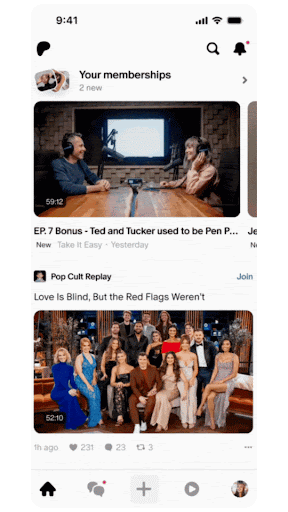Next year will see the end arrive for two of Facebook's external social plugins. The platform's Like button and Share button for third-party websites will be discontinued on February 10, 2026. The blog post from Meta explains that site admins shouldn't have to take any additional steps as a result of the change, although they can choose to remove the plugins before the discontinue date. Any remaining plugins will "gracefully degrade," which sounds much more dramatic than what will actually happen, which is that they'll render as a 0x0 invisible element.
Ending support for these features marks the end of an era for Meta and Facebook. External Like and Share buttons were introduced in 2010. The tools were promoted as ways for sites to generate more traffic through the social network, which was a major way that people shared and saw articles at that time. The company's official line is that the plugins "reflect an earlier era of web development, and their usage has naturally declined as the digital landscape has evolved." But Facebook also plays a much smaller role in the broader Meta business operation than it once did, and anecdotally, it's less common to see sites running only integrations with a single social network.
Update, November 10, 2025, 4:45PM ET: Corrected the original release date for the plugins.
This article originally appeared on Engadget at https://www.engadget.com/meta-is-killing-off-the-external-facebook-like-button-205207354.html?src=rss